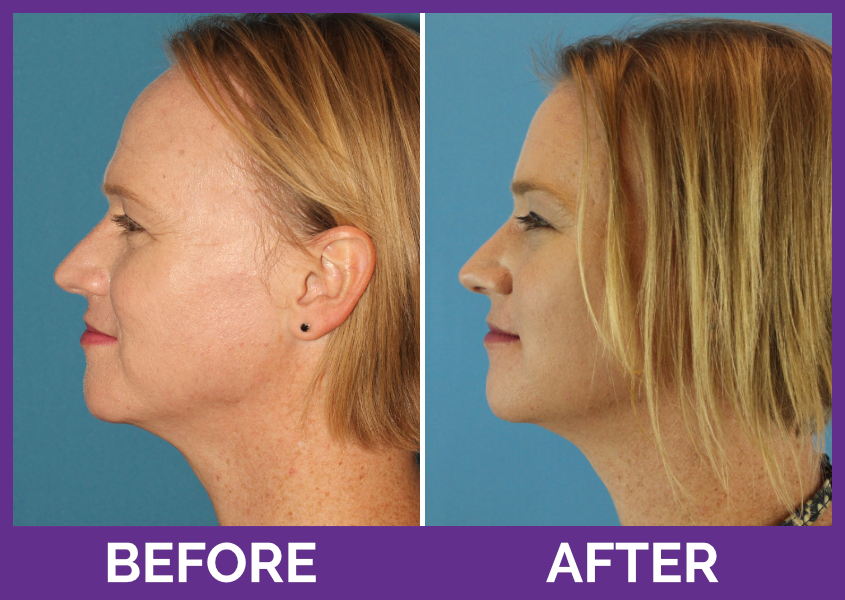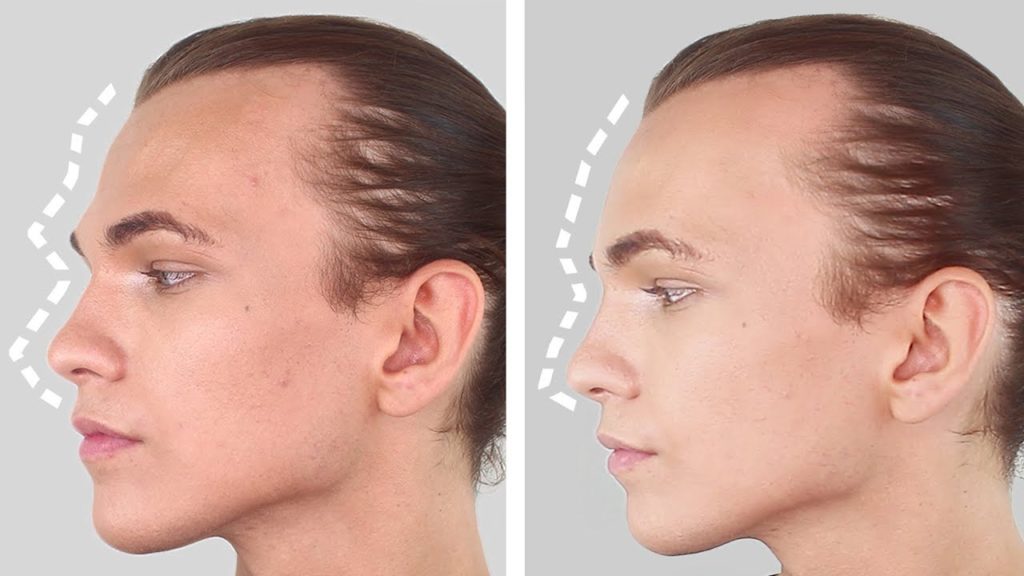Why would I have a facial feminization surgery?
Facial feminization surgery, or FFS for short, involves a number of cosmetic procedures to give a more feminine appearance to masculine facial features. The cosmetic procedures involved in facial feminization surgery include rhinoplasty, blepharoplasty (eyelid surgery), cheek augmentation, brow lift, jaw reduction, and lip augmentation. This procedure is very common for a male to female gender reassignment patients, but it also appeals to cisgender women with masculine features. Facial feminization surgery is tailored to the needs of each person and can be performed on any part of the face and neck.

What is the recovery time?
The recovery period depends on which cosmetic procedures were involved in your facial feminization surgery. In general, you need to rest for about two weeks. After that, you may be able to return to some light activities. However, you may not be allowed to perform any strenuous activity and work (particularly if your job involves physical activity) for about 6 weeks. If your procedure includes forehead work, you may need to avoid plucking your eyebrows for a few weeks while the tissue heals.
How long will I need to stay in the hospital after my procedure?
Depending on the cosmetic procedure included in your facial feminization surgery, you may need to stay in the hospital for about 3 to 7 days. You will be under the close supervision of your surgeon and medical team to ensure that everything is going well.
How long should I expect to stay overseas after my procedure?
You cannot fly home straight after you are discharged from the hospital. Allow 2 weeks for the initial recovery and for your body to heal and to attend follow-up check-ups, your surgeon will monitor the results and your healing progress. Your surgeon may also remove the stitches the week following the surgery.
What aftercare should I take into consideration?
Because facial feminization surgery is a series of different cosmetic procedures, the aftercare will vary depending on the type of surgery you underwent. Your surgeon will give you detailed post-operative instructions. It is also highly recommended to have regular check-ups with your local doctor to monitor your recovery once you have returned home.
What’s the success rate like?
Given technological advancements, the procedure has a high success rate of 80%. However, patients should still be cautious of the possible side effects and risks, such as infections caused by cheek implants, damaged nerves during scalp incision, and permanent loss of feeling in the face.
Are there alternatives?
If you don’t like the idea of going under the knife if you are not a good candidate for facial feminization surgery, but you want to obtain the same results of the surgery, there are some nonsurgical alternatives you can consider. The most popular alternatives are Botox and fillers.

